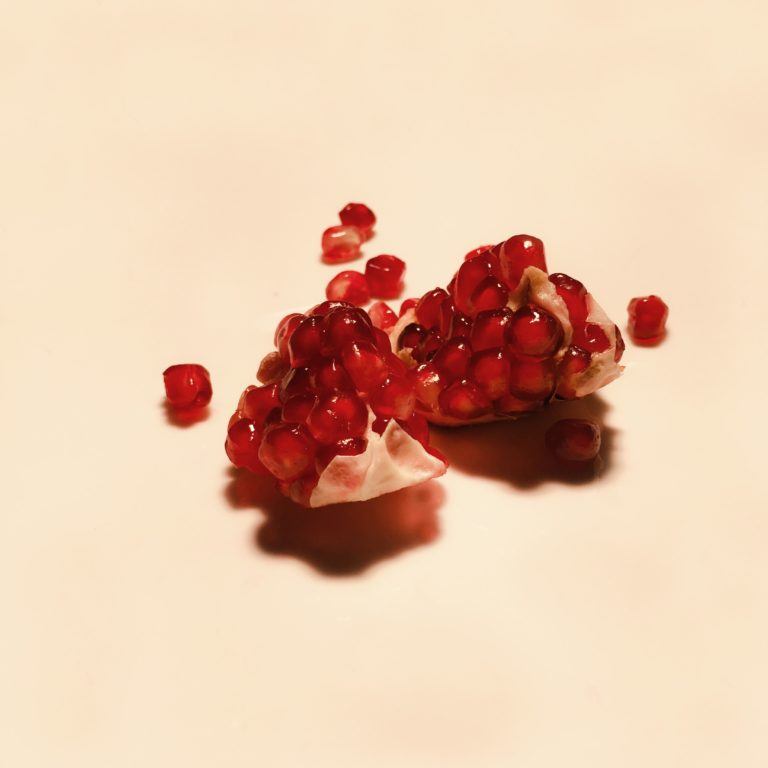In traditional Chinese medicine, autumn is linked to the metal element which is characterized by the color white, the lungs, and the large intestine. To us and to others who feel the effects of seasonal changes, autumn can also be linked to the emotions of grief and nostalgia.
Autumn is the time when leaves fall to the ground, begin to decompose to create a fertile ground, and leave the potential for growth for the spring.
Similarly, the human body naturally wants to pare down, introvert, and begin a season of focused energy. There is a radical shift that is almost palpable on the fall equinox when the energy that previously flowed outward turns inward in preparation for the winter ahead. Even if you aren’t heading back to school, most people experience the “back to school” feeling. They will organize their homes, offices, and calendars, and look to the months ahead with a “new year” sense of goals for relationships, family and self.
Traditional Chinese medicine is a form of therapy for the entire body, mind, and spirit. I have this concept that the body holds onto pain and negative emotions just like the mind holds onto thoughts. Just as psychotherapy helps the mind release tension, acupuncture helps the body release toxic emotions and memories as well. The body has a way of channeling grief, angst, and anger into a physical manifestation. One prime example of how the body holds onto what is toxic is constipation. Suffering from constipation has been proven to affect hormone metabolism, mood, and create a host of digestive and metabolic disorders. But with something like constipation, Chinese medicine offers help.
Traditional Chinese medicine uses acupuncture, herbs, and dietary therapy to help improve digestion and the process of letting go. As practitioners, we utilize acupuncture points that have a descending action and improve the circulation of Qi and blood. Similarly, we address the lungs which are so frequently damaged by the dry, crisp air that characterizes autumn and winter.
Someone once described the lungs as a tree in the rainforest that needs moisture to thrive, as the image of a tree situated upside down in the chest filtering oxygen from the air and expelling CO2. The lungs are the rhythm maker of the body and set the pace for the entire body’s movement. Lung Qi needs to be strengthened to ward off pathogens to keep the Rhythm Maker moving efficiently. In addition to addressing these elements, nutritional aspects to Chinese medicine offer everyday solutions to allow the flow of movement through the body.
The following is a list of foods and supplements to support the lungs and the large intestine.
Large Intestine Support (for constipation)
- Magnesium Glycinate or Citrate
- Flax seeds
- Omega 3 fatty oils
- Probiotics
- Warm water and lemon
- Dried fruits
- Oatmeal
- Chia seeds
Lung Qi is nourished by consuming:
- Pears
- Water Chesnuts
- Cauliflower (looks like a tree)
- Lotus root (looks like alveoli)
- Almonds
- Yuca
To reduce phlegm:
- Mustard Greens
- Dandelion leaves
- Eliminate dairy, sugar, and wheat
- Quercitin






